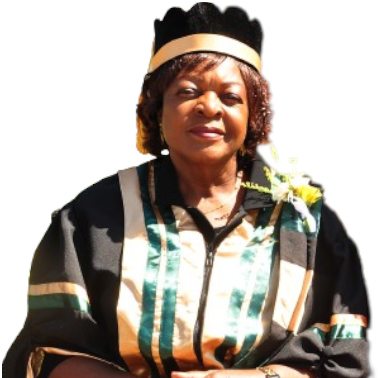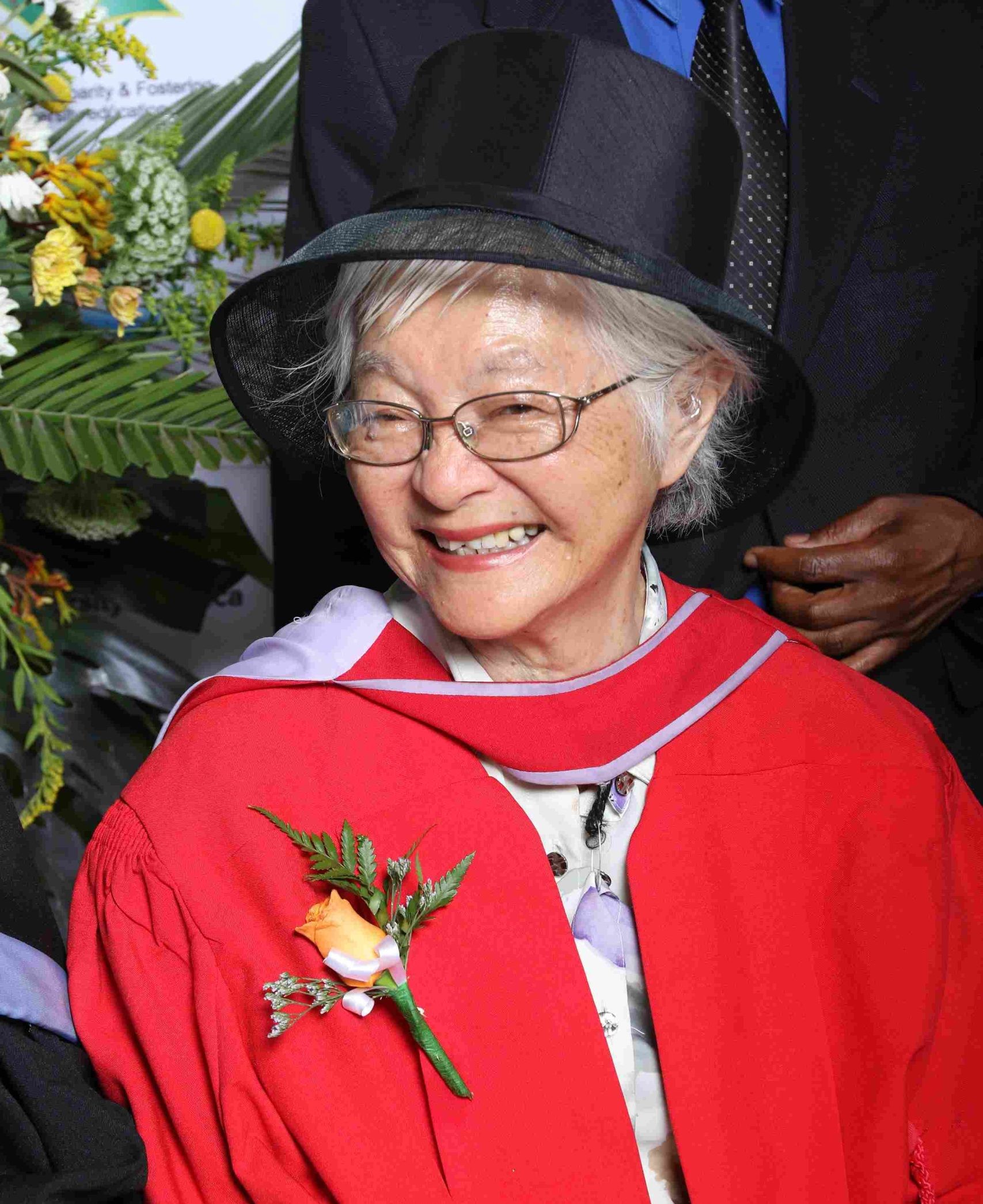Welcome to our STEM centre, where curiosity meets innovation. Our centre is a dynamic hub of scientific inquiry, technological advancement, engineering excellence, and mathematical precision, dedicated to shaping the future of our world. We empower students, researchers, and partners to explore, create, and innovate, driving progress and solving real-world challenges.
ABOUT THE CENTRE
The WUA STEM Center is a scientific laboratory equipped for STEM researchers, innovators, community service providers, educators, and students, as well as entrepreneurs seeking to market STEM research products. It is now led by engineer M. Masheka, who specializes in embedded systems, automation, and control engineering. The lab intends to promote education 5.0 by serving as an innovation hub, embracing and supporting new ideas from anybody from anywhere, regardless of qualifications. The WUA STEM Center holds STEM workshops for colleges, schools, industry experts, and independent individuals who want to enhance the economy through innovation. This will help Zimbabwe achieve its 2030 vision more quickly. The WUA STEM Center strives to reduce gender disparities and promote equity by encouraging women to participate in STEM initiatives.
Our sector is founded on a commitment to excellence in attaining Vision 2030, which calls for Zimbabwe to become a knowledge-driven and industrializing Upper Middle-Income Economy through teaching, research, innovation, industrialization, and community engagement. Our committed section members are not only experts in their professions, but also well-known for their excellent educational methodologies and passion for encouraging our students, the majority of whom are women, to achieve their full potential. We want to reduce gender disparities and promote equity by including women and girls in STEM innovation projects.
How students will benefit
Our own students walk in and out of the lab everyday and can use the equipment, and knowledge of our experts. The lab is used for practical lectures for degree and diploma programs in Computer Science, Information technology, and information systems, just to mention a few. Degree courses like fundamentals of digital electronics, IoT and physical computing, microprocessors and embedded systems, just to mention a few. Students also conduct their research experiments in the lab, not excluding their final year projects. Two groups of students managed to graduate after passing through our STEM Center’s hardware laboratory.
Schools and public individuals
WUA STEM Center conduct STEM Research and Innovation workshops with high schools, primary schools and public individuals. The workshops equip leaners with skills of building new products that can be supplied into the market at a price, allowing learners to earn a living from education. This also promote students’ start-ups in STEM, feeding into the industry for industrialization and commercialization. WUA STEM Center welcomes any innovator/s and/or researchers from anywhere at any time despite of their qualifications.
Our academic programs are designed to provide students with the information, skills, and real-world experience they need to succeed in today’s fast changing technologies and advances. Whether you’re interested in Information Technology, Computer Science, Information Technology, or one of our other undergraduate and postgraduate programs, you’ll find a curriculum that will challenge and excite you. We also offer a variety of short courses, like Fundamentals of Robotics, Basics of AI, and Big Data Analytics, to ensure that our students have the skills they need to stay relevant in the fourth industrial revolution.
Women’s University © 2024

Trustee & Co-Founder
She is the Founder and Founding Vice Chancellor of the Women’s University in Africa. She holds a PhD in Public administration with the University of Zimbabwe where her research was on “Critical Organisational problems of administering and Managing Social Development in a newly-independent Public Service”: the case of Zimbabwe. She also holds a Masters degree in Public Administration with the University of Missouri, Columbia and BSc Public Administration with the same university. She holds a Primary Teachers Diploma with Waddilove Teachers’ College, Marondera in Zimbabwe.
Professor Sadza’s employment record backdates to 1964 as school teacher. Post Independence she became registrar of Apprenticeship Authority in the Ministry of Manpower Planning and Development in Zimbabwe. She is one of the founding Directors of the Zimbabwe Institute of Public Administration & Management (ZIPAM).In 1987 to 1989 she was Commissioner of the Public Service Review Commission, Government of Zimbabwe. In 1988 to 1990 she was Zimbabwe Parastatals Commissioner. In 1990 to 2000 she was Public Service Commissioner in Zimbabwe.
Professor Sadza has done a lot of publications with emphasis on gender issues.
She has presented papers at national and international fora among which were:
Professor Sadza is a member of various Boards among them:
CURRENT
COMMITTEES/TRUSTS
She is also into consultancy mostly in the education field.
She has won several awards in recognition of her outstanding works of empowering women through education.
Awards:
Professor Sadza is married and has two children.

Chairperson & Co-Founder
Dr Fay Chung is co- founder and Chairperson Board of Trustees for Women’s University in Africa. A former Minister of Education Sports and Culture Dr Chung has been involved in a number of non-governmental organizations in Zimbabwe. An accomplished educationist and driver of women education, Dr Fay Chung has worked in the education system in a number of capacities. Dr Chung is a founder member of the Forum for African Women Educationalist and Association for Strengthening Higher Education for Women in Africa Dr Chung has been instrumental in the education of women in Africa. Dr Chung has worked in a number of international organizations which include UNESCO, UNICEF, OAU and AU. Dr Chung has several publications to her name which include the popular Re-Living the Second Chimurenga: Memories form Zimbabwe’s Liberation Struggle and The Nordic Africa Institute amongst others.
She was educated at the University of Zimbabwe, where she received her first degree (1962), her postgraduate Certificate in Education (1965) and her Doctorate (1999).
She also studied at Leeds University, where she obtained her M. Phil. In English Literature (1971) and has undertaken research at St Antony’s College, Oxford (1995). She diversified into economics and completed a distance-education degree at the School of Oriental and African Studies, London in 2002. Following retirement she enrolled in an honours degree program in Economic at the University of Zimbabwe.
Dr Chung’s career has been almost exclusively in education. As an undergraduate she was involved in organising students to teach house servants and workers in the vicinity of the campus. One of the tasks was to eradicate illiteracy. She has always had a vision to provide leadership in Africa through access to relevant quality tertiary education.
From 1963 to 1968 Dr Chung taught at high schools levels at Ascot and Harare High Schools in Zimbabwe. While studying for her M. Phil. Degree at Leeds University, she taught as a part-time lecturer at Leeds Polytechnic and at the Kitson College of Engineering from October 1968 to June 1970. She was a lecturer in the School of Education at the University of Zambia from 1971 to 1975. From 1975 to 1980 she worked fulltime for the Zimbabwe African National Union (ZANU), in charge of teacher education and curriculum development for Zimbabwean refugees schools in Mozambique.
After Zimbabwe’s independence in 1980, Dr Chung worked in various capacities in the Ministry of Education, including as the first acting director for the Zimbabwe Integrated National Teacher Education Course (ZINTEC), which was initiated at independence to train 9,000 primary teachers through a combination of face-to-face teaching and distance education; as head of educational planning in the ministry, with responsibility for planning the expansion for the primary, secondary and teacher training programs; as head of the curriculum development unit, tasked with transforming the curricula for primary and secondary schools; as deputy secretary in charge of school administration; and finally as minister of Education and Culture. She spent a total of 14 years in the government of Zimbabwe.
Dr Chung has been involved in a number of non-governmental organisations. She took part in the formation of the Zimbabwe Foundation for Education with Production (ZIMFEP), set up to provide education for war veterans and returning refugee children from Mozambique and Zambia. School leavers were assisted through placement in further training and in jobs, or through the establishment of cooperatives.
She has been a board member of the Zimbabwe Institute of Development Studies (ZIDS). She is a founder member of the Forum for African Women Educationalists (FAEW), a network of education ministers, women university vice-chancellors and other women educational leaders in Africa, focused on strengthening the education of girls and women in Africa. Dr Chung is the founder member of the Association for Strengthening Higher Education for Women in Africa (ASHEWA).
Dr Chung’s work has an international dimension. She was a member of the Delors Commission Education and worked as the chief of the education cluster at UNICEF, New York (1993-98), then as the first director of the UNESCO International Institute for Capacity Building in Africa (IICBA) in Addis Ababa (1998-2003). Between 1998 and 2003 she served as an honorary special advisor to the Organisation of African Union (OAU) and later to the African Union (AU).
Dr Chung is a member of the Zimbabwe National Education Advisory Board as of 18 March 2009.
Publications
Chung Fay, ‘Re-Living the Second Chimurenga: Memories from Zimbabwe’s Liberation Struggle,’ The Nordic Africa Institute, Weaver Press 2006